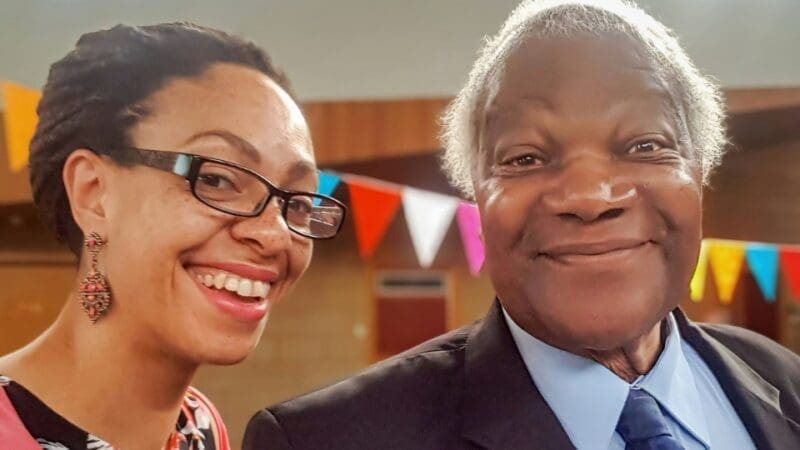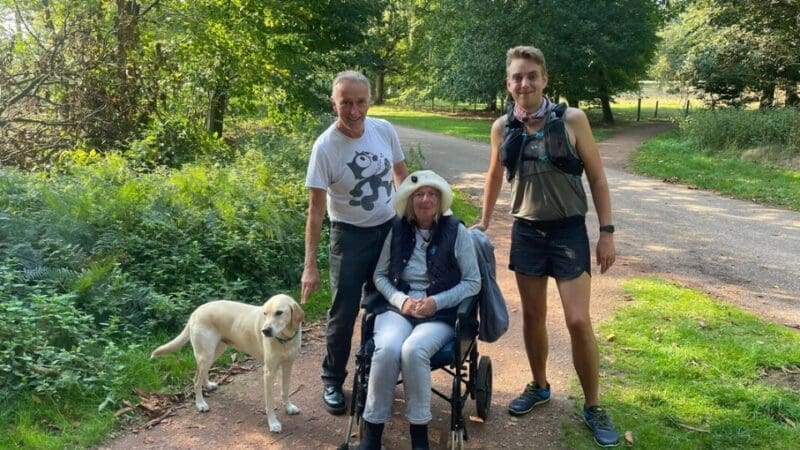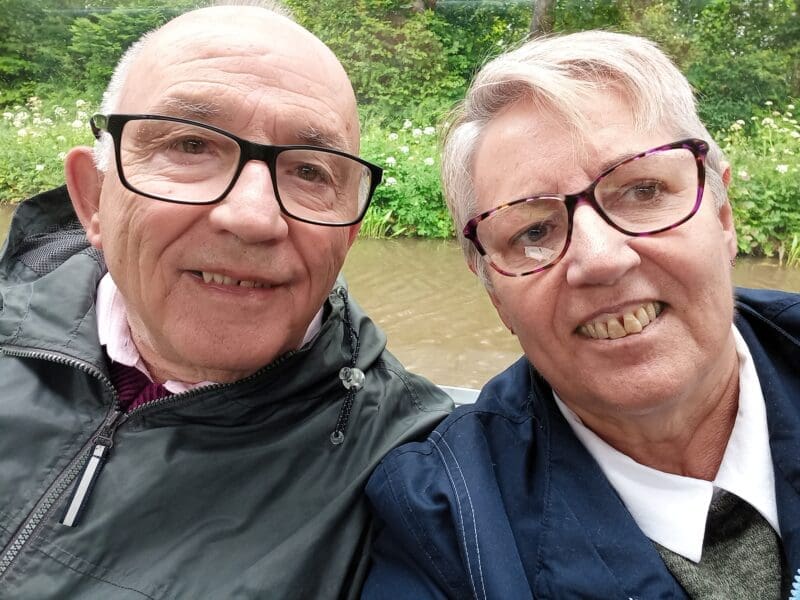Video consultations can take place using a smartphone, tablet or computer.
They often use a well-known platform like Zoom, Skype or Microsoft Teams, but sometimes different apps, like Attend Anywhere (the NHS’s own video consultation app), are used.
You should be told which platform is used and provided with a link to join the consultation. If you haven’t received a link by text or email the day before your appointment, contact the health or social care service.
These tips will help you get the best from a video consultation:
- Choose a comfortable, well-lit, quiet and private space, with good WiFi or data signal
- Check your equipment in advance: make sure the camera and the microphone work
- If the person with dementia has not used video calling before, you could do a trial run with a family member or friend to familiarise them with the process
- If you find it difficult to interrupt during a video call, you could consider raising your hand or using an ‘I want to speak’ card – see Sources of support, below
- If you are not using your phone for the appointment keep it close by – if there are problems with the video call, the professional may phone you
- As part of a memory assessment, the person may be asked to do some drawings. You can show these to the professional by holding them up to the camera
- Your video consultation will be private and will not be recorded without your consent. If you would like to record the consultation, inform the health or social care professional
- You may also be able to invite other people who are involved with the person with dementia – such as family members – to join the video consultation remotely, by sharing the link with them, or in person in the same room as you



